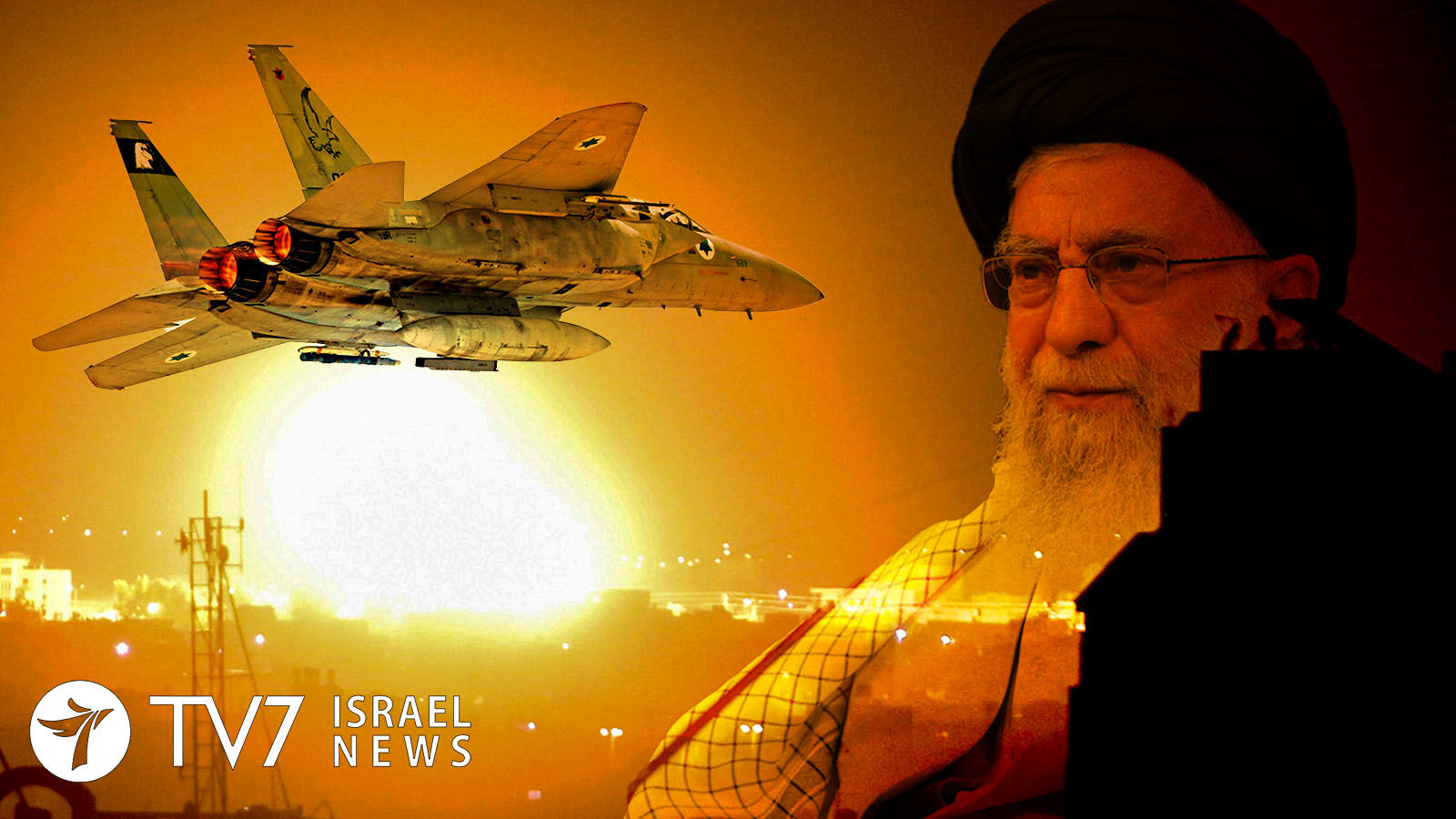Top officials in the United States informed their Israeli counterparts the Biden administration remains committed to diplomacy with Iran – but is prepared to pursue “other avenues” to ensure Tehran does not acquire a nuclear weapon if diplomatic efforts fail.
By Erin Viner
This, according to a senior US official who spoke to reporters just ahead of yesterday’s talks at the White House between Israel’s National Security Advisor Dr. Eyal Hulata with his American counterpart Jake Sullivan.
Israeli Foreign Minister and Alternate Premier Yair Lapid has also accepted the invitation to visit Washington 12 -14 October for official talks with US Secretary of State Antony Blinken.
US experts believe the time it would take Iran to reach “nuclear breakout capacity” by stockpiling sufficient enriched uranium to make an atomic bomb has “gone from about 12 months down to a period of about a few months” said the official, speaking on condition of anonymity.
“Obviously that is quite alarming,” the source stressed in comments cited by Reuters, adding that Hulata’s visit to Washington is aimed at the sharing of intelligence and development of a “baseline assessment” between the two allies of how far Tehran’s nuclear program has advanced.
In 2015 Iran agreed to the Joint Comprehensive Plan of Action (JCPOA) that had placed limitations on its uranium enrichment to prevent production of atomic bombs in exchange for the lifting of economic sanctions. Tehran began openly violating its atomic curbs after then-US President Donald Trump withdrew from the pact in 2018.
The Trump Administration and successive Israeli governments under current Prime Minister Naftali Bennett and former Premier Benjamin Netanyahu reject claims by the Islamic Republic that it is not developing nuclear weapons.
Echoing statements US President Joe Biden made to Israeli Prime Minister Bennett in August, the US official underscored that while, “We of course remain committed to a diplomatic path…. but obviously if that doesn’t work there are other avenues to pursue, and we are fully committed to ensuring that Iran never develops a nuclear weapon.”
“We’ll be prepared to take measures that are necessary,” said the source.
Washington hopes to resume indirect talks with Tehran about the resumption of compliance with the JCPOA by both sides. Multi-lateral talks that opened in Vienna last April broke off in June ahead of Iranian presidential elections that saw hardline new leader Ebrahim Raisi take office. It remains unclear, if resumed, the talks would pick up where they left off in June. Raisi was the favored candidate of the Islamic Republic’s radical Supreme leader Ayatollah Ali Khamenei.
Despite Iran’s critical need to lift the crippling US restrictions that have crippled its economy, insiders and analysts expect the new government to adopt a tougher line if or when the Vienna talks would resume.
In September the Ayatollah Regime signaled it was prepared to return to negotiations ‘in a few weeks,’ but neglected to set a date. Iranian Foreign Minister Hossein Amir-Abdollahian demanded last Saturday that the US must first release $10 billion of Tehran’s frozen assets as a ‘gesture of good will,’ which Washington has demonstrated no willingness to do.
Also late last month, Washington warned that time is growing short to revive the JCPOA. “The window of opportunity is open – it won’t be open forever if Iran takes a different course,” declared a senior US State Department official said during a telephone briefing to reporters, while cautioning if the deal is overtaken by Iran’s ongoing nuclear advances that Washington and other JCPOA partners will be compelled to evaluate whether Tehran would ever truly resume compliance.
He declined to specify what action the US might undertake if Iran refuses to return to the negotiations, known in contingency planning as “Plan B.”
“The ‘Plan B’ that we’re concerned about is the one that Iran may be contemplating, where they want to continue to build their nuclear program and not be seriously engaged in talks to return to the JCPOA,” he emphasized.
Other Western powers have also stressed that time is running out as Iran’s atomic program progresses well beyond terms of its deal. “Time is not on our side with respect to a potential agreement because Iran is taking advantage of the delays in order to compound its nuclear violations, making a return to the JCPOA increasingly complicated,” stated French Foreign Ministry Spokeswoman Anne-Claire Legendre last month.
According to sources familiar with yesterday’s meeting between the Israeli and US National Security Advisors, the focus of the talks was on “Plan B” if Iran’s Ayatollah Regime fails to revive the Vienna negotiations; as well as discussion additional sanctions to further obstruct the ability of the Islamic Republic to execute its malign foreign policies.
It is noteworthy that US NSA Sullivan concluded a Middle East tour last week during which he held extensive meetings with senior officials in Saudi Arabia and the United Arab Emirates.
